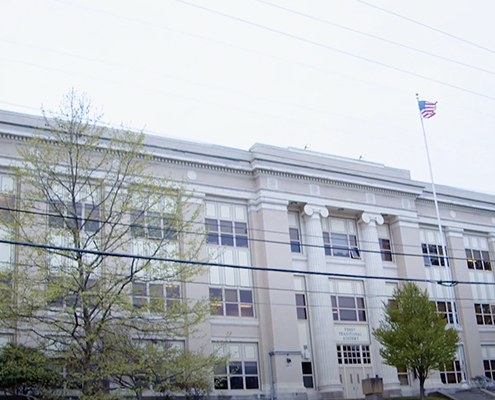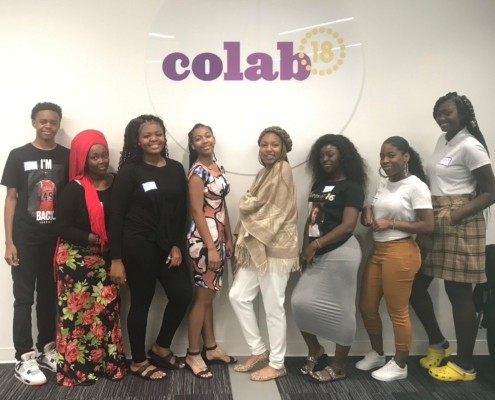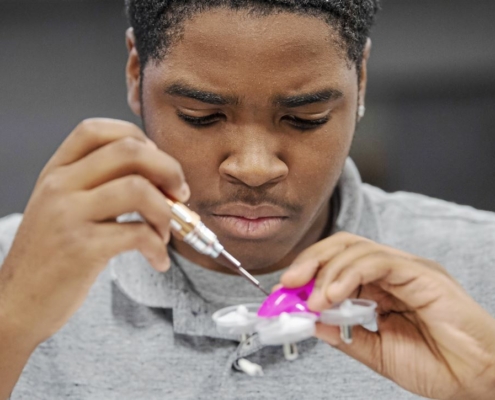
Education Pillar Highlight: A+ Schools and Perry High School
EducationEDUCATION PILLAR HIGHLIGHT: A+ SCHOOLS & PERRY HIGH SCHOOL
Perry High School located in Observatory Hill is experiencing a positive transformation. Veteran Principal Molly O’Malley Argueta, in her second year, is building on the collective…

EDUCATION Pillar Highlight: Keystone Star Movement
EducationKeystone STAR Movement Easier with Quality Coaching
Sheila Harris, owner of Mama’s Little Angels Learning Center, and her staff have successfully completed the work to move their early learning center on Perrysville Avenue from a Keystone…

One Northside Youth eXcel Youth Council Summer 2019
Education, One NorthsideThe One Northside Youth eXcel (ONYX) Youth Council is a group of Northside-based young people who are empowered to build community and solve problems in their neighborhoods. This summer, the ONYX Youth Council worked together to identify important…
 Nate Smallwood, Tribune-Review
Nate Smallwood, Tribune-ReviewArt project in Northview Heights helping children express themselves
EducationThe pillows are more than blue fabric decorated and stuffed with foam.
They say something about the young person who made them.
One says “Jesus Loves You.” Another reads “#RIP.” A third has the number “187” on it, a three-digit…

Kidsburgh: Programs Offer Golf Lessons & Life Lessons For All Kids
EducationPITTSBURGH (KDKA) — The golf season is in full swing, with the Masters last month and the PGA tournament this weekend.
If you’re interested in your child trying golf, some programs are making it accessible and affordable for all kids.…

Pittsburgh Public looks toward the future with STEAM curriculum
EducationClassroom environments 'haven't really changed since the Industrial Revolution.' The district is working to change that.

Mastering the drone: Flips, leaps and sputters fuel learning curve
EducationDrones are fun to play with and some are even cute, but beware - they can frustrate you, tease you, even startle you.

Pittsburgh SAT scores went up in 2016. Can they keep the momentum?
Education"Pittsburgh SAT scores went up in 2016. Can they keep the momentum?"

